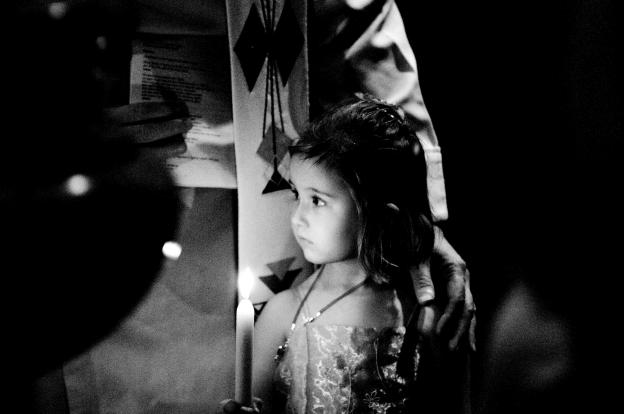I should have known it was foolish to write about not being busy. I haven’t given up on my pursuit of spaciousness and ‘time wisdom’, but it seems to be three months since I last found the time to write a blog post!
However, I can’t let this week pass without a huge ‘shout out’ for the Church of England as celebrations take place of the twenty year anniversary of the ordinations of the first women priests.Twenty years which were preceded by decades of struggle on the part of those men and women, lay and ordained, who consistently and courageously held out a new vision for the church: a vision of the possibility of priests of both genders, together reflecting God’s image in the world. Twenty years during which the ongoing un-recognition of the full gifts and potential of women has caused many people to slip away from the church uncounted by the institution, but deeply grieved by many who remain. Twenty years during which the ministry of ordained women priests has built, inspired, shaped and enlivened countless communities and congregations, and people and places that might otherwise have remained untouched by the church’s mission.
This Saturday, 3rd May, at 1pm in Dean’s Yard, Westminster Abbey, people will gather to celebrate these two rich decades and to honour those whose courage and tenacity made it possible, whilst lamenting the loss of those who have felt compelled to walk away, and remembering friends who are no longer with us.
At 2.15 we will set off to walk to St Paul’s Cathedral, where at around 4.30pm the Archbishop of Canterbury will greet everyone from the steps. The cohort of women who were ordained priest in 1994, together with representatives from all the dioceses of the Church of England, will go into the Cathedral for a service at 5pm. The Eucharist will be celebrated and – via a live link to a screen in Paternoster Square – the crowd outside will share in the thanksgiving and celebration and will also be able to receive communion.
If you’re free and can get into London do come and join us for the walk or in Paternoster Square. As a gathering of women and men of all ages, lay and ordained, from diverse ethnic, social and cultural communities, we will reflect the breadth, vibrancy, generosity and grace of the God in whose image all of us – all of us – are made.




